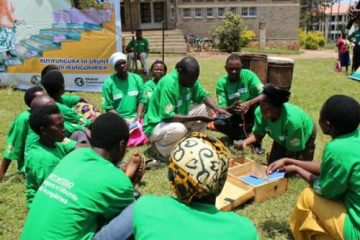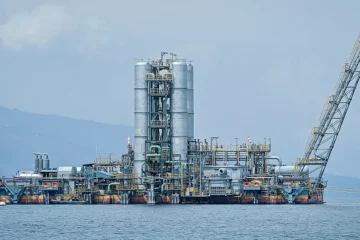Farmers in Nyanza and Kayonza districts are celebrating their growing involvement in the district performance contracts, known locally as Imihigo. Training conducted by Transparency International Rwanda (TI Rwanda) has empowered them to shift from merely following directives to actively participating in decision-making and project planning.
From Implementation to Ownership
Sylvestre Munyampara, the representative of the farmers’ cooperative Urumuri rw’Abahinzi (Light of Farmers), based in the Inganzo wetland of Busasamana Sector, Nyanza District, expressed the transformation:
“We now grow maize, vegetables, and potatoes according to the seasons. Previously, the district plan forced us to grow soybeans, which yielded disappointing harvests. With the freedom to choose, our production increases each year.”
Background of the Initiative
In 2017, the Global Partnership for Social Accountability (GPSA), a World Bank initiative, awarded a grant to TI Rwanda. The project aimed to enhance farmers’ ownership of agricultural development by encouraging their active participation in the planning, monitoring, and evaluation of Imihigo. The initiative also sought to strengthen collaboration between civil society organizations and government officials at the district level. Lessons learned from Nyanza and Kayonza districts were integrated into broader agricultural sector policies at both district and national levels.
While Rwanda has made significant strides in development, challenges such as poverty and heavy reliance on subsistence farming persist. According to a 2011 World Bank survey, approximately 70% of Rwandans were employed in agriculture, with most engaged in self-employment on family farms. Enhancing earnings from agriculture remains a critical path to improving livelihoods for the majority of the population.
Transformative Collaboration
TI Rwanda partnered with two experienced civil society organizations—Imbaraga, the Federation of Farmers and Pastoralists, and SDA-IRIBA, Social Development Associations. Together, they facilitated forums between farmers and local officials in Nyanza and Kayonza districts. These forums enabled farmers to articulate their priorities and improve communication with district agriculture specialists.
Farmers’ newfound confidence in planning was underscored by Nicodem Rugerimisare, spokesperson for farmers’ cooperatives in Nyanza District:
“Previously, the district planning team dictated what crops we should grow. After TI Rwanda’s intervention, we started voicing our needs to local leaders. Today, the Rwanda Agriculture Board tests seeds before we plant them, ensuring better outcomes.”
Key Outcomes of the Project
The project brought significant changes:
- A total of 7,476 farmers (51% of them women) were trained in the district agricultural planning cycle.
- Farmers became integral to district planning teams, deciding on crops to grow while receiving technical advice from district specialists.
- Satisfaction with participation in Imihigo rose from 53% in 2019 to 62.81% in 2020. Satisfaction with participation in the evaluation of Imihigo also increased, from 49.2% to 62.2%.
Economic and Social Impacts
According to Théogene Mugabonake, Director of Agriculture and Natural Resources in Nyanza District, this inclusive planning has led to increased production, attracting buyers from other districts.
“Farmers now strongly influence decision-makers by sharing their opinions, which the planning team takes into account when determining what to plant next,” he stated.
The project’s success is not without its challenges. Farmers’ needs are not always fully prioritized, as Imihigo planning often aligns with national objectives. Nonetheless, this initiative has laid the foundation for sustainable growth and collaboration, with the potential to further improve the agricultural sector in Rwanda.








